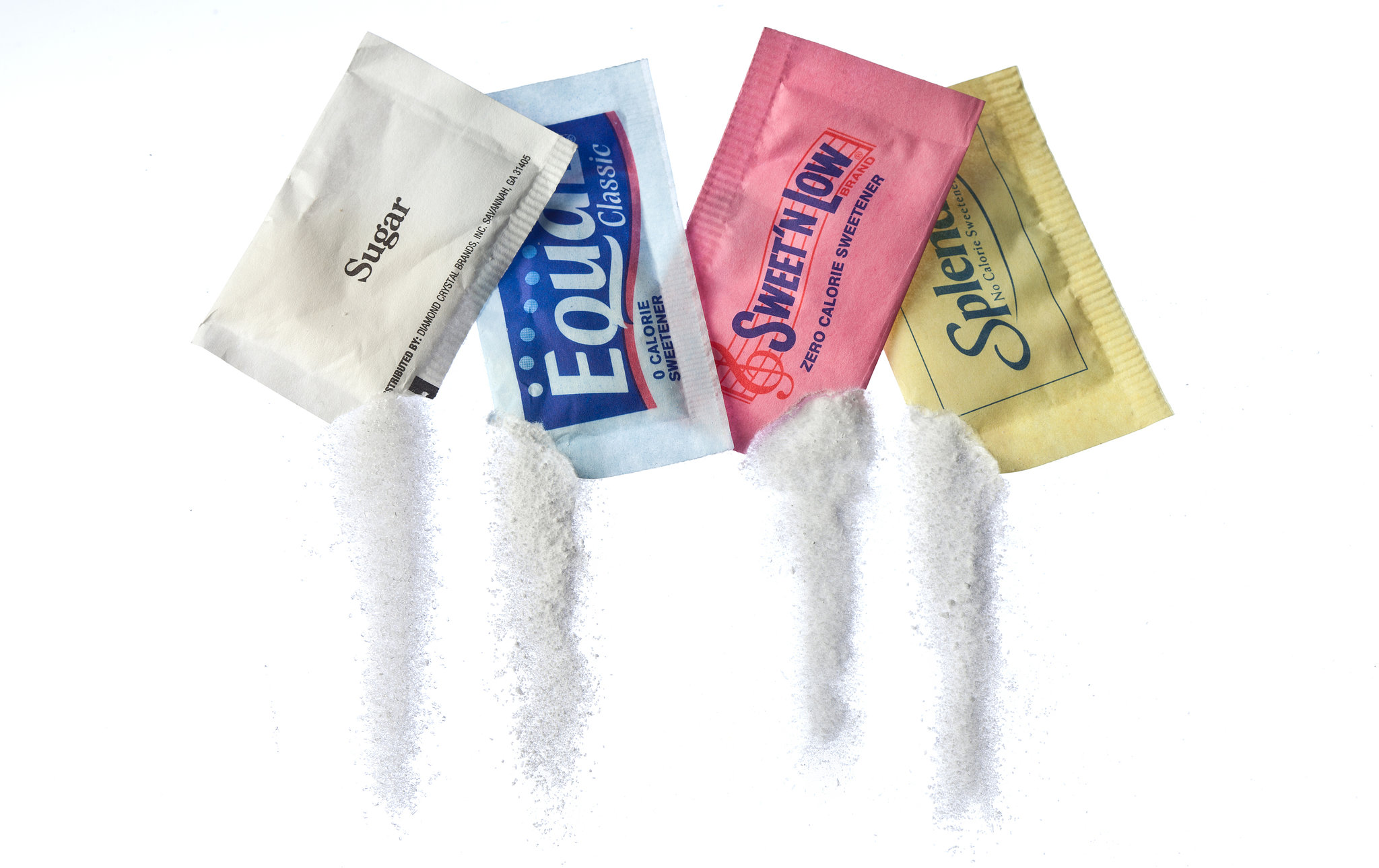- Empty cart.
- Continue Shopping
Artificial Sweeteners: A Double-Edged Sword?

The Sugar Alternatives
Artificial sweeteners have become increasingly popular as a low-calorie alternative to traditional sugar. These sweeteners, such as sucralose, aspartame, and erythritol, are derived from various sources like corn, soy, or sugar beets. While they offer the sweetness of sugar without the calories, recent studies suggest that they may not be as beneficial as they seem.
The Genetic Factor
One of the concerns about artificial sweeteners is that they are often made from genetically modified crops. In the United States, a significant portion of corn, soy, and sugar beets are genetically engineered to withstand pesticides, raising questions about their long-term health effects.
The Taste Bud Dilemma
Artificial sweeteners are far sweeter than natural sugar, which can alter your taste buds over time. This change can make you less receptive to the natural sweetness found in foods like fruits and honey, leading you to seek out increasingly sweeter foods.
Confusing Your Gut
According to research, artificial sweeteners can confuse your digestive system. Your gut may expect high-calorie food when you consume something sweet, but artificial sweeteners don’t deliver those calories. This mismatch can interfere with your body’s hunger signals and how your gut processes food.
Hormonal Impact
Consuming artificial sweeteners can also affect your insulin levels. Even though they are calorie-free, your body still releases insulin as if you consumed sugar. This can lead to spikes in blood sugar levels and increased cravings. Additionally, these sweeteners can inhibit the production of GLP-1, a hormone that regulates blood sugar and feelings of fullness.
Overeating Risks
Artificial sweeteners can trick your brain into thinking you’re consuming fewer calories than you actually are, leading to overeating. The texture and taste of artificially sweetened foods can also influence your ability to gauge your caloric needs accurately.
Diabetes Concerns
A study from the University of Texas found that people who consumed diet soda were more likely to be overweight and had a higher risk of developing diabetes compared to those who didn’t drink soda at all.
In summary, while artificial sweeteners may seem like a good alternative to sugar, they come with their own set of drawbacks. From affecting your taste buds to confusing your gut and impacting your hormones, these sweeteners may not be the healthiest choice.








